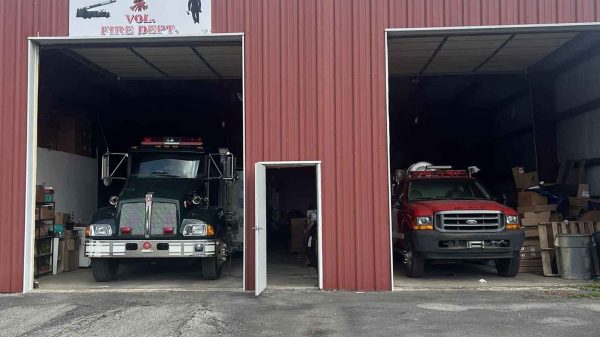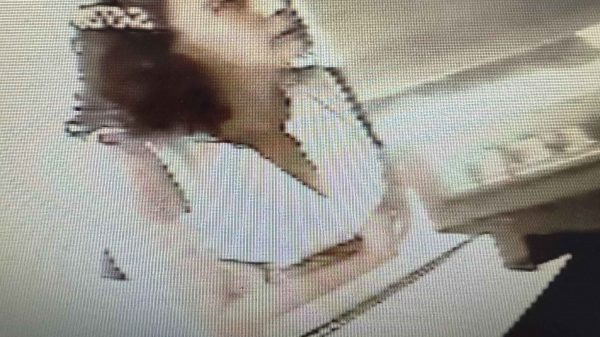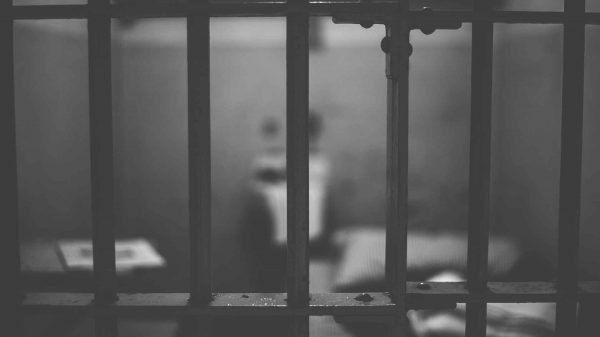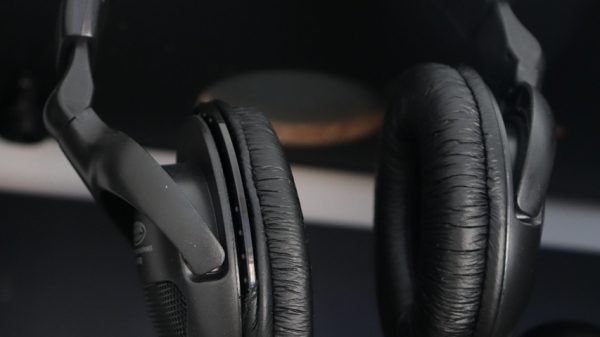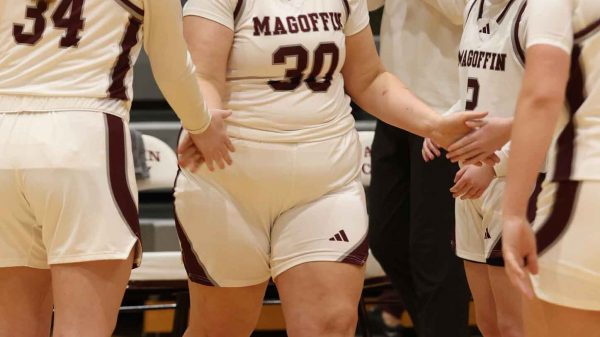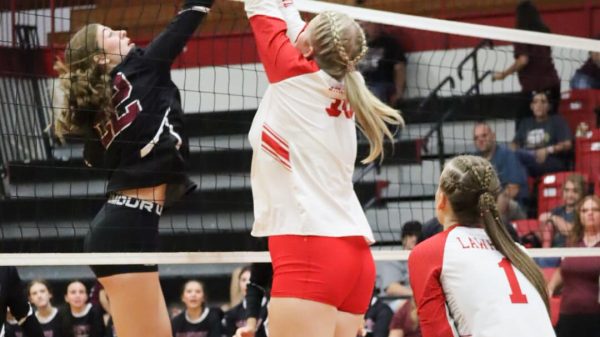Four hospitals. That’s the number of hospitals pediatrician Dr. Tasha Russell had to call to find a bed for a 28-day-old baby that had tested positive for COVID-19 and was having trouble breathing.
“That’s what brought it home to me,” Russell said. “I just laid in bed wondering what I am going to do if we don’t have anywhere to send them, and the cases keep going up. Then what happens?”
Russell has worked as a pediatrician at Eastern Kentucky Tender Care Pediatrics in Salyersville for seven years and has been a practicing physician for 11 years.
While last year was very different than any other year she had as a doctor, she said with the current wave of the virus she is seeing more kids getting sick.
“We didn’t have very many children get the virus in the first wave, with people staying home and wearing their masks, but a lot more kids are getting sick this time,” Russell said.
For the most part, she said most of the pediatric cases of COVID she has seen seem to do well, but she’s had to send a few to the hospital recently and with the struggle she had to find a bed for the 28-month-old infant, she is concerned.
“As pediatricians, we are trained in ventilators, but it’s not something we do every day,” Russell explained. “You don’t want me to be the one doing that care, but these children are not able to be vaccinated, yet, and a lot of little kids have no protection. It’s usually a family member who is positive that spreads it to the children.”
Russell said she knows parents – including herself – are in the tough position of deciding which is more harmful, sending their children to school to get an education, but possibly get the virus, or to isolate and stay home.
“My 11-year-old came to me and said, ‘Mom, I can’t handle another year of virtual. It’s just too sad,’” Russell said.
While that made her feel pretty adamant about wanting to send her son to school, her 6-year-old daughter has juvenile arthritis, which is in a medicated remission, but she fears the virus could mean a relapse, throwing off the delicate balance of medication and symptoms and increasing her immunosuppressants, long-term steroids and the side effects of those medications.
“It’s the same way with everything else,” Russell explained. “Everything we do has risks and benefits. I’ve seen kids in renal failure from ibuprofen, so everything has risks, but people don’t think anything of giving their kids Tylenol or ibuprofen.”
In the case of the COVID-19 vaccine, she said, “By far the benefits outweigh the risks 100%.”
She said she is praying the vaccine is released for children ages 6 and up this year, with positive results coming out of Israel trials so far, but until then, prevention is a tough balance.
“Prevention and treatment are the keys to getting past this, and no one ever said the vaccine was 100% effective,” Russell said. “The fewer people willing to get the vaccine, the less likely we are to get herd immunity and the more this spreads.”
With school systems, the majority of the students are unable to get the vaccine at this time, which Russell said puts the school officials in an impossible position.
“My heart goes out to the school system,” Russell said. “No matter what they do, there’s no right or wrong and people will be mad at them either way. Since the majority of students can’t get the vaccine, it’s impossible to get herd immunity there, and if a kid gets sick at school and dies, people will look at the school system.”
While the current wave of the virus is concerning, Russell said the scariest thing to her about the pandemic is the widespread sharing of misinformation.
“Number 1, it’s not going to change your DNA,” Russell said when asked about some of the common misconceptions she had read online. “Vaccines do not alter your DNA; it just initiates an immune response. The actual vaccine is out of your body in a matter of days.”
Another false rumor spreading around concerns sterility.
“There is no evidence the vaccine will make you sterile,” Russell said. “It has been studied and there have actually been cases in the trials of some surprise pregnancies, proving exactly the opposite.”
Russell also said she wants the public to know the vaccine is not “new technology.”
“The mRNA technology has been around for a decade,” Russell said. “The vaccine isn’t new technology at all, and the technology has been well studied.”
Russell noted that when these stories with misinformation are shared, people’s lives are put in danger, urging people to at least not share stories when they cannot verify the sources to be credible.
When the vaccine was made available to healthcare workers in Magoffin County, Russell was one of the first to receive it, actually sitting next to Public Health Director James “Pete” Shepherd to be vaccinated, as was shown in the SI’s front page that week.
“As far as mandates, I hate the thought of forcing people to vaccinate and people should get to choose, but the most harmful thing we’re dealing with is the sharing of bad information,” Russell said. “Instead of getting information from their doctors, they’re getting it from people who may not have graduated high school. We studied a long time on how to find sources and look at medical studies. They’ll take one post from a crazy website but won’t listen to doctors and nurses. It’s mind blowing.”
As for proof if the masks work, Russell said last year was the first year she didn’t have one positive flu case and only a handful of RSV cases.
“When people ask if masks are effective, yes, 100%,” Russell said. “Each provider usually sees 15 to 20 patients per day, but we were seeing patients by the single digits. We weren’t seeing colds and ear infections. It was unlike any year.”
Russell noted that as a parent, first, she wouldn’t ask parents to do anything with their children she wouldn’t do with her own.
“People don’t want to follow the recommendations, but it’s hard to see,” Russell said. “As a parent, if I don’t trust your judgment, I won’t trust you with my child. I don’t understand how they will trust me for other things, but not this. People don’t want to listen to the preventative side of it.”
The largest worry right now regarding the current wave of COVID-19 cases is the hospital capacity.
“The two closest pediatric hospitals we have are Cabell-Huntington and UK, and they both have such a large referral area, and our case load is high here, but it’s also high in surrounding areas, so there’s nowhere to send these kids,” Russell explained.
Before parents decide about activities for their children, Russell urged everyone to weigh the risks and benefits.
“You have to weigh the risks and benefits with everything you do, whether you send them to school, play sports, and there’s times where the risk of exposure could be worth it and times with it’s not worth it, but you need to think about it,” Russell urged. “You need to ask yourself, ‘Is it worth that risk and, if it is, am I doing everything I can to prevent it?’”
Russell also noted parents’ approach to the preventative strategies will frame how children move forward.
“A lot of how we approach it with kids dictates how they handle it,” Russell said. “I try to just tell my kids that we don’t like what’s going on, but if we do what we’re supposed to do, we can do some of the things we always have and create a new normal. It’s all about attitude. Regardless of whether we like it or not, kids are probably going to be wearing a mask for a while and they need a good attitude about it.”
She also noted that she understands that there are some cases where masks are not as possible and that can affect the weight of the risks involved.
“I have a lot of kids in my practice that are autistic and struggle with wearing a mask, and what I tell my parents is if you have a child that has trouble wearing a mask, then school is probably not a safe place for them to be,” Russell said. “The possibility of transmission and transmitting it is too high. We can have it put in their IEP for if your child is getting too overwhelmed to get a chance to sit away from everyone and have a mask-free period, but I’m not going to write a letter for him to not have to wear a mask. That’s just not safe, either.”
Russell reminded parents that there is no one-size-fits-all approach to making those decisions and to trust your medical providers – not Facebook – for guidance.
“Every parent has to decide individually for the kid and the family.”

